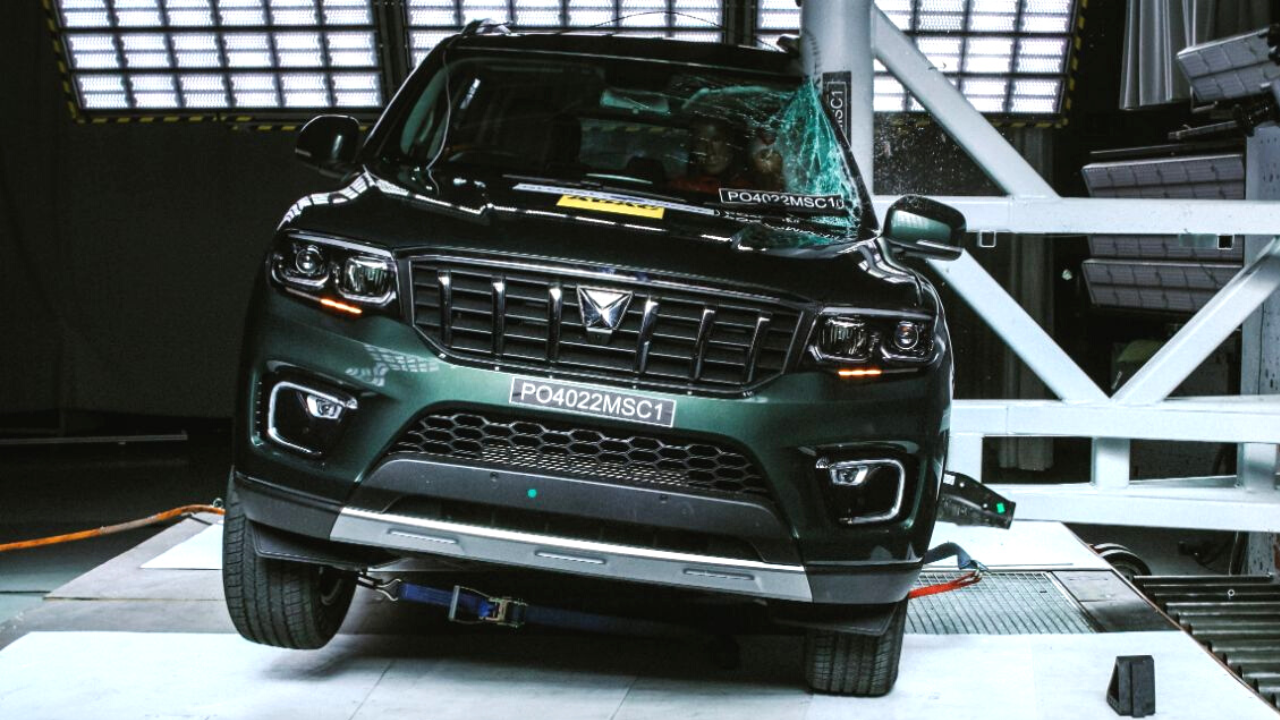Out of 12,240 responses, 72% said that they would want to know the Bharat NCAP safety rating of a car if they plan to buy a new one in the next three years, while another 24% said that a BNCAP safety rating will be something ‘nice to have’. As per the LocalCircles survey, 48% of car owners indicated if their existing vehicle was tested by Bharat NCAP and the safety rating came out to be low, they will likely ensure speed and seatbelt compliance when out on a high-speed road or a highway.
This points to the fact that Bharat NCAP not only promotes safer cars, but will also lead to an overall safer environment out on the roads considering that it will improve a car owner’s awareness. The Ministry of Road Transport and Highways (MoRTH) has already announced that a total of 30 models have already been shortlisted/received for crash testing. However, it is yet to be ascertained which cars will receive the Bharat NCAP safety rating first. For now, BNCAP crash test is voluntary for carmakers, and will be implemented from October 1.
TOI Auto car vlog: Is Tata Tiago EV still best value for money? | TOI Auto
BNCAP will provide a rating ranging from one to five stars based on three parameters: adult occupant protection, child occupant protection, and safety technologies in the car. The first two parameters will be calculated on the basis of three different tests, which include a frontal offset test replicating a crash between two cars of the same weight. During the test a vehicle is driven at 64 kmph and 40% overlap into a deformable barrier, representing an oncoming vehicle. The other tests are a side impact test at 50 kmph and a pole-side impact test at 29 kmph.
Would you consider purchasing your next car on the basis of its safety rating? Let us know in the comments down below if a Bharat NCAP rating of a car will make or break your decision.


